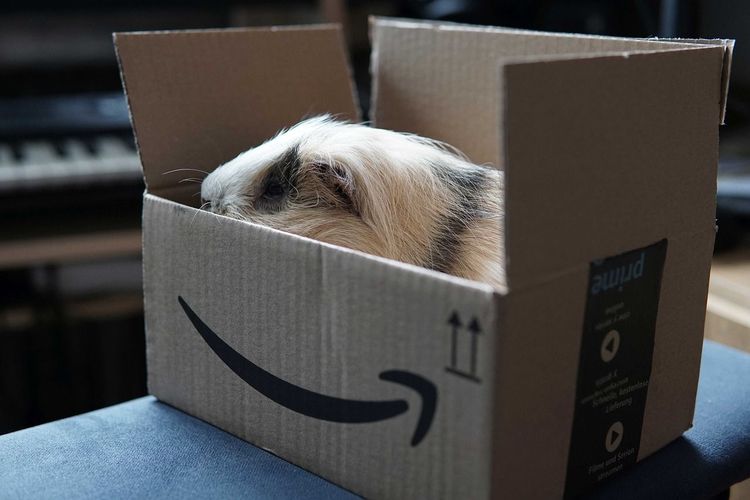Cloudflare, a leading cloud service provider, has introduced a free tool designed to protect websites hosted on its platform from unauthorized data scraping by bots. This initiative aims to mitigate the risk of AI models collecting data without consent.
Multiple AI vendors, including industry giants like Google, OpenAI, and Apple, typically offer website owners the option to prevent bots from scraping data by modifying their robots.txt file. This text file guides bots on which site pages they are allowed to access. However, as highlighted by Cloudflare in their announcement, not all AI scrapers heed these rules.
“Customers don’t want AI bots accessing their websites, particularly when they do so in a deceptive manner,” Cloudflare states on its official blog. “Some AI companies seem determined to bypass regulations to gather content, adapting constantly to escape detection.”
To tackle this issue, Cloudflare has analyzed traffic from AI bots and crawlers, refining its automatic detection models. These models evaluate multiple factors, including whether an AI bot might be disguising itself to mimic typical web browser behavior.
“When malicious actors attempt to scrape websites at scale, they generally deploy identifiable tools and frameworks,” Cloudflare explains. “Our models leverage these identifiers to accurately flag evasive AI bot traffic.”
To enhance detection efforts, Cloudflare has created a reporting form for hosts to submit suspected AI bots and crawlers, committing to a continual manual blacklisting process over time.
The challenges posed by AI bots have become increasingly evident as the rapid growth of generative AI escalates the demand for model training data. Many website owners, conscious of AI vendors using their content without permission or compensation, have chosen to block AI scrapers. A recent study showed that about 26% of the top 1,000 websites have restricted access to OpenAI’s bot, with more than 600 news publishers doing the same.
However, blocking bots is not a foolproof solution. As mentioned earlier, some vendors appear to disregard standard exclusion protocols to enhance their competitive edge in the AI landscape. For instance, AI search engine Perplexity has been accused of mimicking genuine users to scrape content, while OpenAI and Anthropic have reportedly bypassed robots.txt directives on occasion.
In a letter addressed to publishers last month, content licensing startup TollBit noted that it frequently observes “numerous AI agents” ignoring the robots.txt standard.
While tools like Cloudflare’s are a step in the right direction, their effectiveness hinges on accurate detection of hidden AI bots. Nonetheless, they do not address the more complex dilemma publishers face, which is the potential loss of referral traffic from AI tools like Google’s AI Overviews—tools that may exclude sites that block certain AI crawlers.







